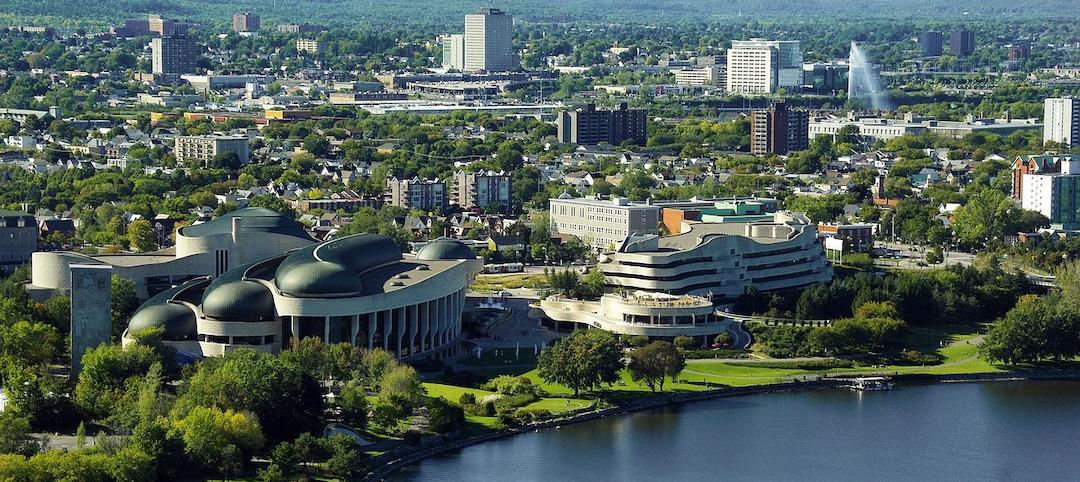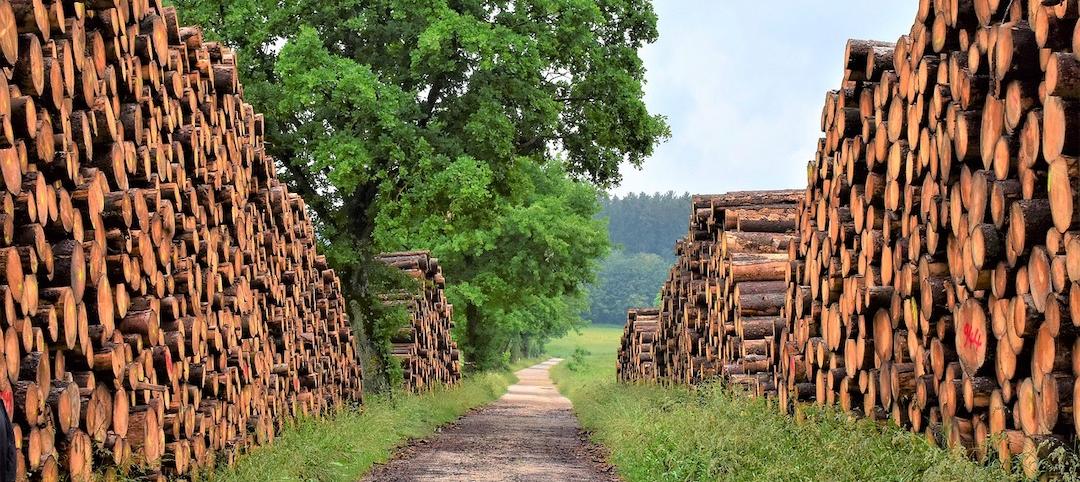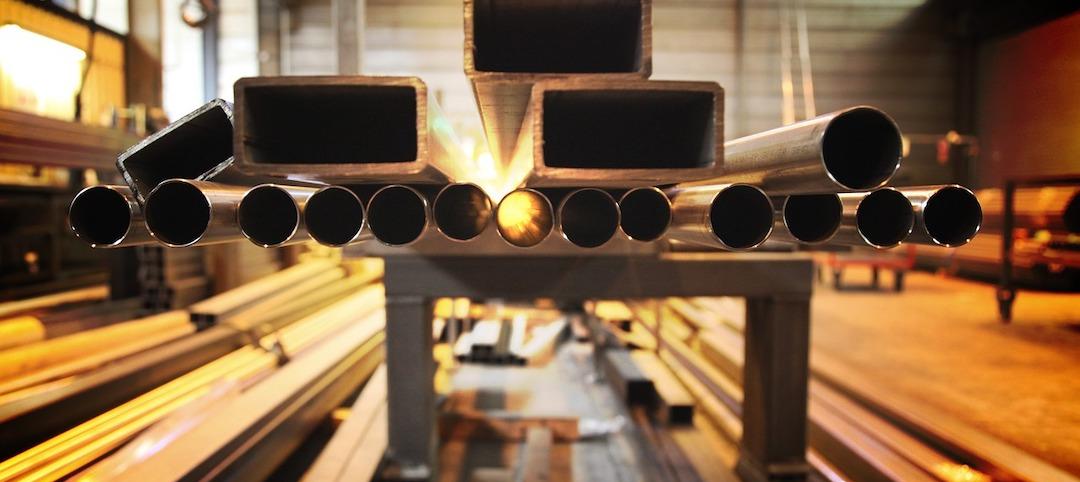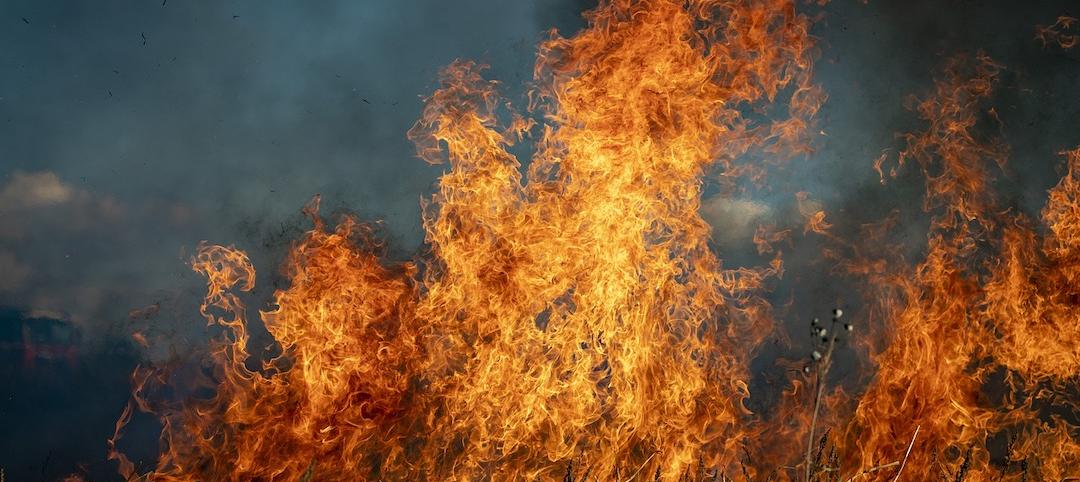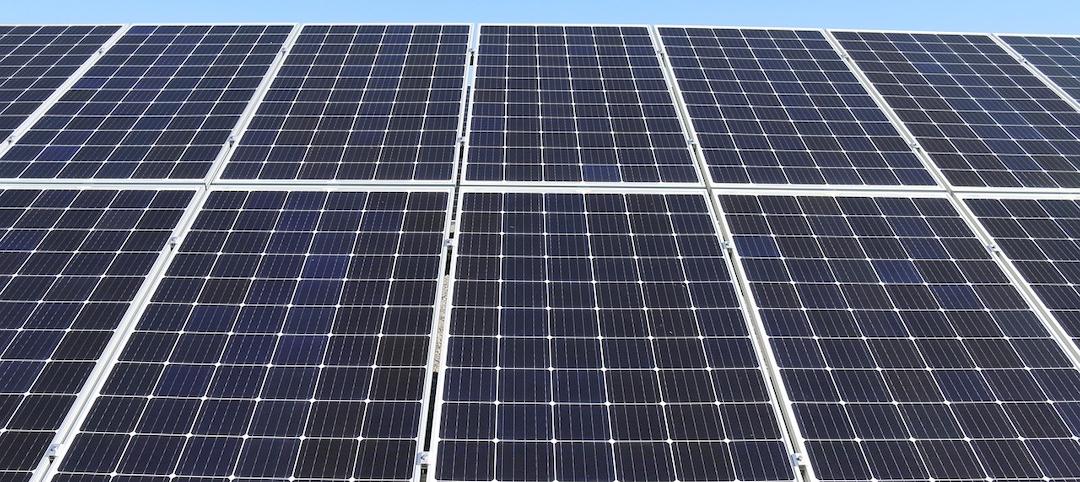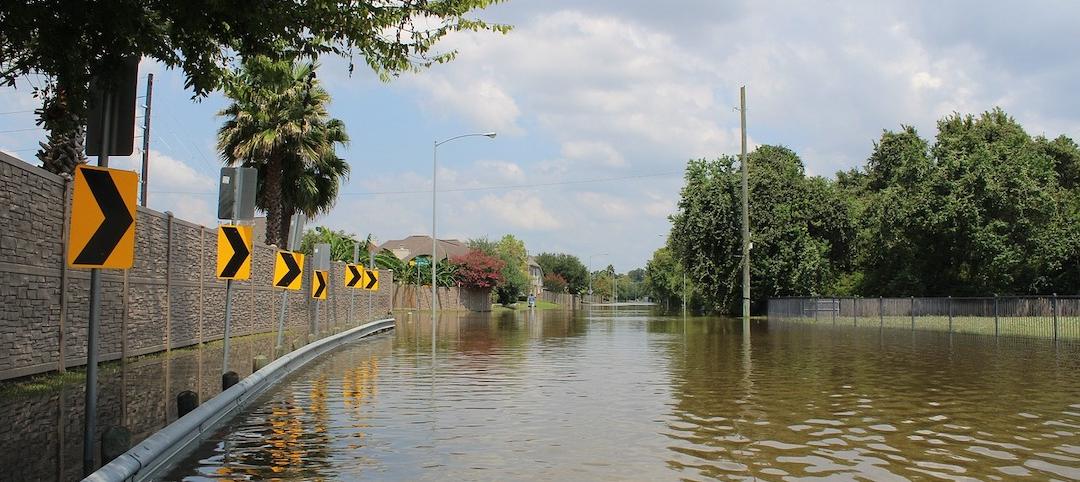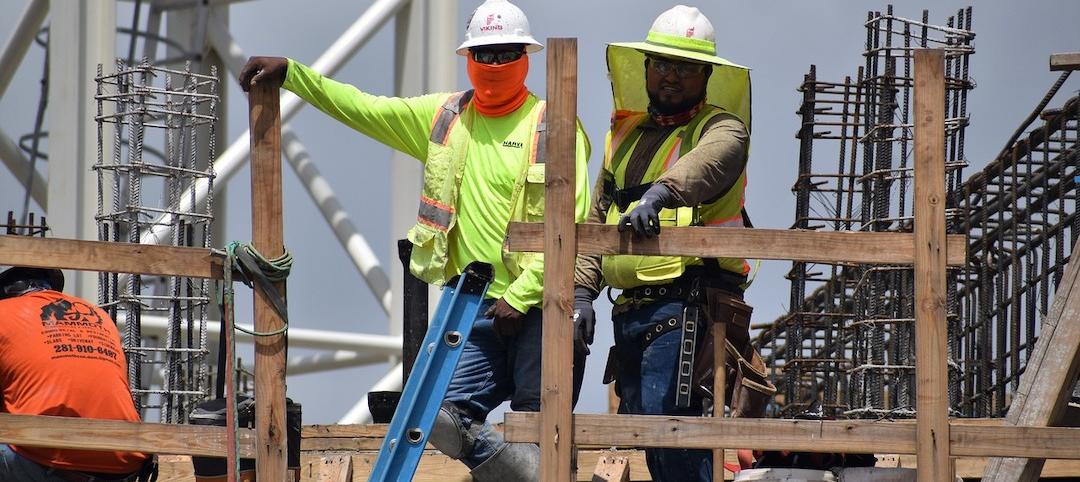A lack of metrics and associated data to establish current performance is holding back efforts to improve water and energy efficiency at sports venues, according to a new report from the National Institute of Building Sciences (NIBS).
More data is needed at both an individual venue level and across the building type, the report says. “Some venues do not have the tools, resources, or training to effectively manage and measure their performance, while those that have undertaken steps to improve do not have the data to compare themselves with their peers to determine if they are leading the pack or if there is still much more to be done,” it says.
NIBS, the Green SportsAlliance, and the Environmental Protection Agency are working to fill in the knowledge gap, but more data from arenas and stadiums is needed. Improving efficiency requires cooperation from operations and other departments,sponsors, vendors and concessionaires, government, utilities, allied organizations, leagues and conferences, management companies, designers,athletes, and fans, the report says.
The report recommends using financing mechanisms to improve access to capital. Technologies and practices of particular interest include lighting, renewable energy,refrigeration, occupant comfort, field maintenance (including irrigation, grow lights, and hydronics), plumbing, and metering, measurement, and verification tools.
Related Stories
Codes and Standards | Jan 19, 2022
Canada’s Trudeau seeking building codes changes, net-zero emissions building strategy
Prime minister also wants net-zero electricity grid by 2035.
Codes and Standards | Jan 18, 2022
Greater emphasis on building materials needed to achieve net-zero carbon offices
Engineered wood, straw, and bamboo can be keys to achieving goal.
Codes and Standards | Jan 17, 2022
AISC seeks comments on draft earthquake standard for steel buildings
Includes new limits for cross-sectional slenderness of steel columns based on latest research.
Codes and Standards | Jan 12, 2022
California’s wildfire building code significantly reduces structural loss
As other states consider upgrading their codes, Golden State provides useful model.
Codes and Standards | Jan 12, 2022
Regulator holding back climate-friendly, energy-saving equipment deployment, critics say
Heat pumps, solar power could be made more accessible for low-income communities in Massachusetts.
Codes and Standards | Jan 11, 2022
Cost hikes drive nearly one million renters out of homeownership qualification in 2021
Household income needed to pay a mortgage rose to $62,872 from $55,186.
Codes and Standards | Jan 10, 2022
New ratings services focus on climate risk for homeowners
Efficacy of models used in risk assessment varies.
Codes and Standards | Jan 6, 2022
Virginia contractors having a tough time finding diverse subs to meet state goals
Survey of primes may indicate similar issues at federal level.
Codes and Standards | Jan 5, 2022
Boston drops parking requirements for affordable housing
Measure expected to spur new projects.
Codes and Standards | Jan 4, 2022
Dept. of Energy Better Climate Challenge aims for 50% GHG emission reduction by 2030
Program offers technical assistance and peer-to-peer knowledge sharing.



